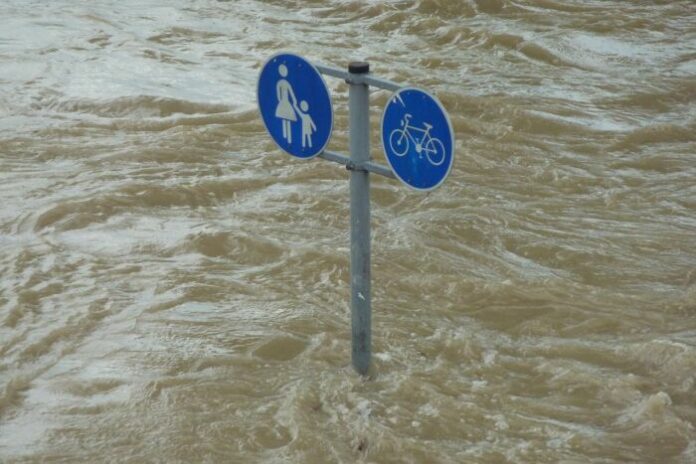
Only yesterday, UNEP, in its latest Climate Adaptation Gap Report, showed how the world is not taking the impacts of the climate crisis seriously due to slow progress in financing, planning and implementing adaptation measures.
A state of grave emergency in Tuscany, where five deaths have already been mourned, but there is also a state of alert in Veneto, Friuli-Venezia Giulia, Emilia-Romagna, Umbria, Campania, Molise and Lombardy, where there are fears of a new flooding of the Seveso river. It is increasingly evident that Italy is in a state of permanent climatic calamity, which has been underestimated by politicians for years. It is absurd that, for example, at a time when all resources should be focused on climate change adaptation policies, the government has earmarked some EUR 15 billion for the bridge over the Strait of Messina. It is equally absurd that, while the climate crisis is raging, policymakers, instead of focusing on the development of renewable energy, are ready to launch the so-called Mattei Plan, which is beyond vagueness and destined to increase our dependence on fossil fuels and slow down the reduction of climate-changing emissions.
It is unacceptable to see progress on adaptation slowing down and funding decreasing, while climate impacts are intensifying. After the SEA on the Climate Change Adaptation Plan and Minister Pichetto’s announcement of its rapid launch by (last) summer, the Plan has disappeared from the radar of public debate and, what is worse, from the Budget Law. Not only that, as far as the causes of the climate crisis are concerned, i.e. climate-changing gas emissions caused primarily by the use of fossil fuels, the draft revision of the Integrated Climate Energy Plan (PNIEC) does not envisage any exit programme, except for coal: therefore, climate policies are completely insufficient to achieve the goals we have set ourselves.
Europe is hardly moving: with the European Biodiversity Strategy it has committed the Member States to reconnecting and upgrading 25,000 kilometres of rivers by 2030 and in Italy, apart from the Po renaturation project proposed by WWF and ANEPLA and included in the PNRR, it is not doing much. Moreover, we are waiting for the Restoration Law, already strongly opposed by numerous lobbies, which will have to commit us to widespread restoration and activation of nature-based solutions. Much more and more decisively needs to be done to tackle the climate crisis, reducing carbon emissions, restoring rivers and restoring nature that has been wiped out.
In order to better understand the dynamics and possible solutions, WWF has made available free of charge on its e-learning platform One Planet School the course ‘Rivers, the arteries of the Earth’, curated by some of Italy’s best experts.



































